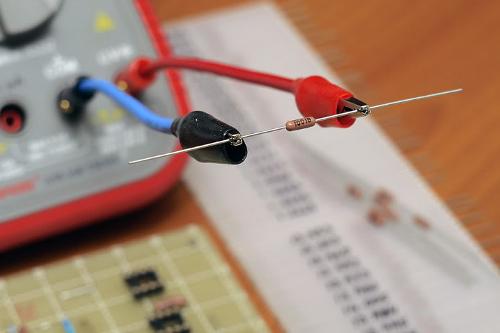Buy about a zillion resistors and measure the resistance of each until you have closely matched groups in whatever QTY you need. Ok, so a zillion is slightly overkill, but overkill is better than failure, so usually 6 times as many parts as you actually need OR exactly as many as you need in the next better precision rating than you need.
On that note, aside from bragging rights 1% resistors are already matched to better tolerances than the vast majority of audio applications require. The whole emphasis on "matched" resistors came from way back when, when 5% resistors were the norm, and 1% resistors were EXTREMELY expensive. Hand matching a bunch of 5% resistors to 1% tolerances was less expensive than buying 1% parts off the shelf so thats what people did. with 1% resistors so cheap (like $0.18 for vishays... less for some others) it makes no sense to hand match anymore.
If you do *need* better accuracy than you can get with 1% resistors, use a resistor and a trimmer, its cheaper than 0.1% resistors which never come in the exact value you need anyways.
Summarized:
Unless you have VERY specific needs buy exactly as many 1% resistors as you need and only check resistance to make sure they put the right thing in the bag. If you are new to this whole DIY electronics thing buy twice as many as you need in case you mess something up. If you are experienced buy twice as many as you need - your odds of screwing something up are lower, but it never hurts to have spares and you may as well have enough spares to make a stereo pair out of at a later date...



 It sounds great!
It sounds great!